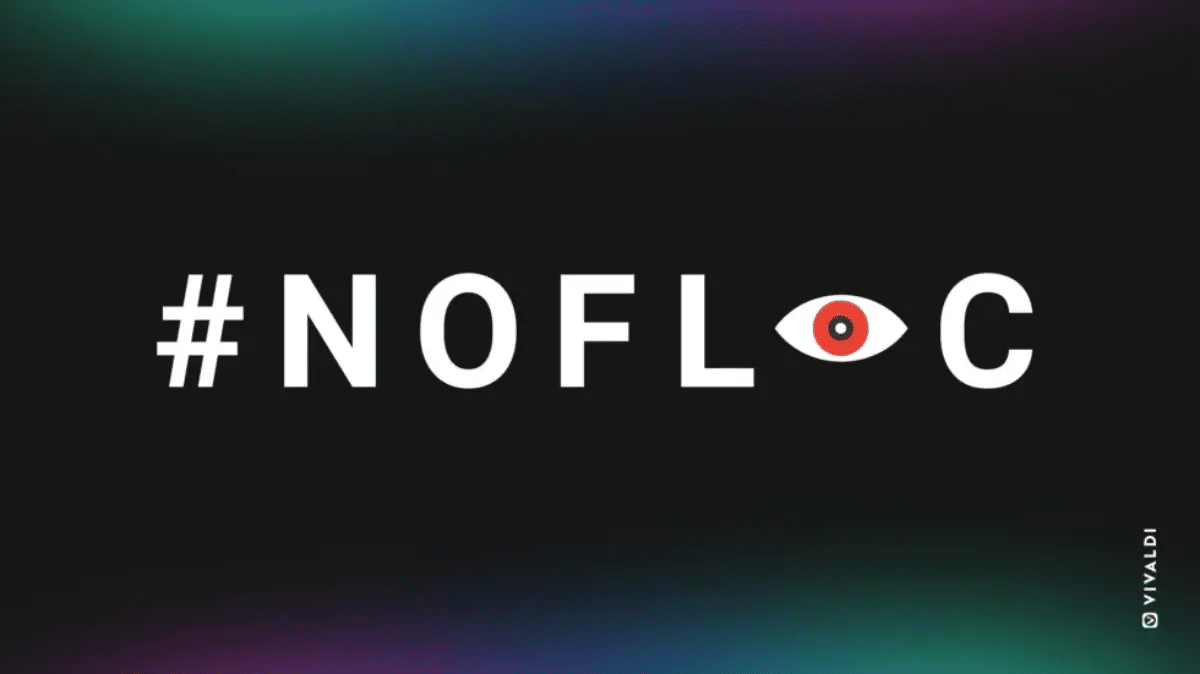
In early 2020, Google he proposed to us a more private network. The announced for the first time last August in which I personally cannot finish taking myself seriously, since a company that lives off user data announced «a new initiative to develop a group of open standards fundamentally to improve privacy on the web«, And they called it the Privacy Sandbox. Basically, what is now known as flock It is a substitute for cookies, but it seems that it will not be easy to get ahead.
Google has already started activating its FLoC in Chrome, the browser it develops, and it has done so without the possibility of accepting anything, which in English is known as "opt-in" (optional entry). He says there is no going back, which will be the case from now on, but a few days ago a couple of news were published that the search company will not have received well, although they probably expected them: DuckDuckGo, the search engine, announced on the 9th April that did not support this technology and has created an extension to block FLoC, since it's bad for privacy. At this time, the extension is available on the official google store.
FLoC starts off on the wrong foot and three enemies
The other news Was published Yesterday: Brave disables FLoC, which you think is a step in the wrong direction. The developers of the most popular private alternative to Chrome say it is "a recent proposal from Google that would make your browser share your browsing behavior and interests by default with all the websites and advertisers with whom you interact«. Therefore, they oppose it and any other function designed to share information.
Today another browser has joined them as well: Vivaldi it will not support Google's FLoC. In fact, the company says that it is an experiment that does not work in your browser, as in Brave, who also claims that it provides a false notion of what privacy is. As if that were not enough, the brave browser company goes further, claiming that it is something harmful to web pages and advertisers.
Substitute for cookies, less privacy
All the third-party cookies are disappearing. Companies like Apple block them by default in their Safari, Mozilla does the same in their Firefox and Chromium-based browsers like Vivaldi or Brave have also declared war on them. FLoC is nothing more than a trojan horse that Google wants to give us so that we feel safe and can continue to collect information that it will later sell.
One thing is clear: Google knows what it is doing. You know that many users will not even hear about this news, and Chrome is the most used browser in the world with more than 64% market share, so they will continue to collect a lot of information. In terms of use, far away, with just over 20%, is Apple's Safari, partly thanks to the success of its iPhone and iPad. Further back is Firefox, with just over 3%, which I am waiting for its statements regarding FLoC.
It is important to see what approach Mozilla takes on the issue ... perhaps it will support it [thing to see the sources of funding] and it will be its final death
floc is a terrible idea:
https://www.eff.org/deeplinks/2021/03/googles-floc-terrible-idea